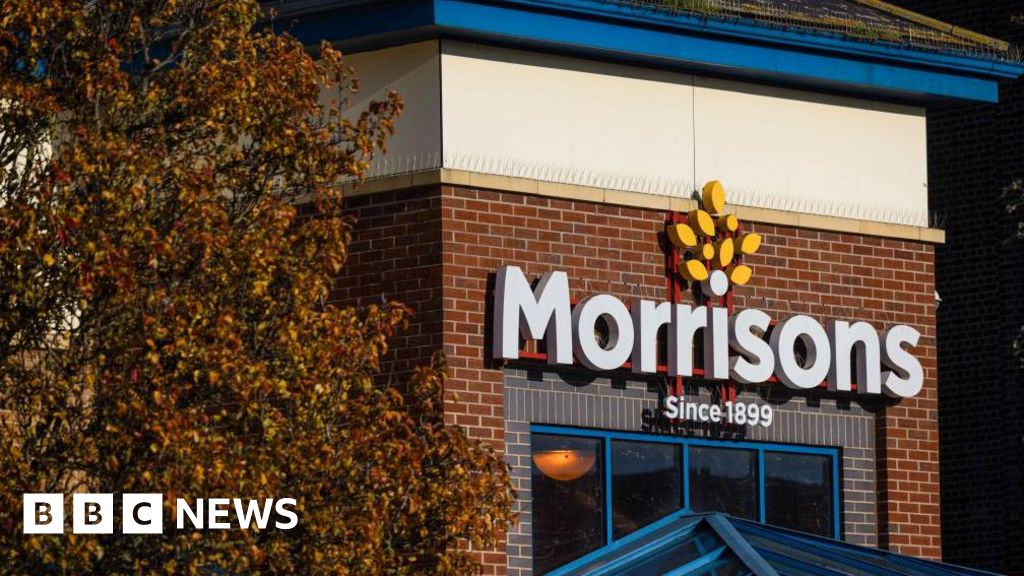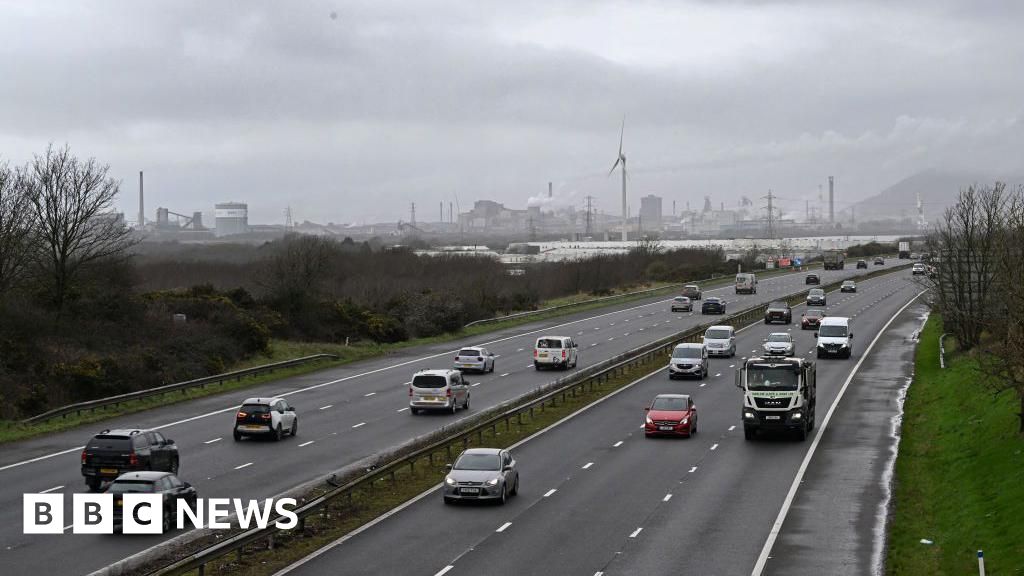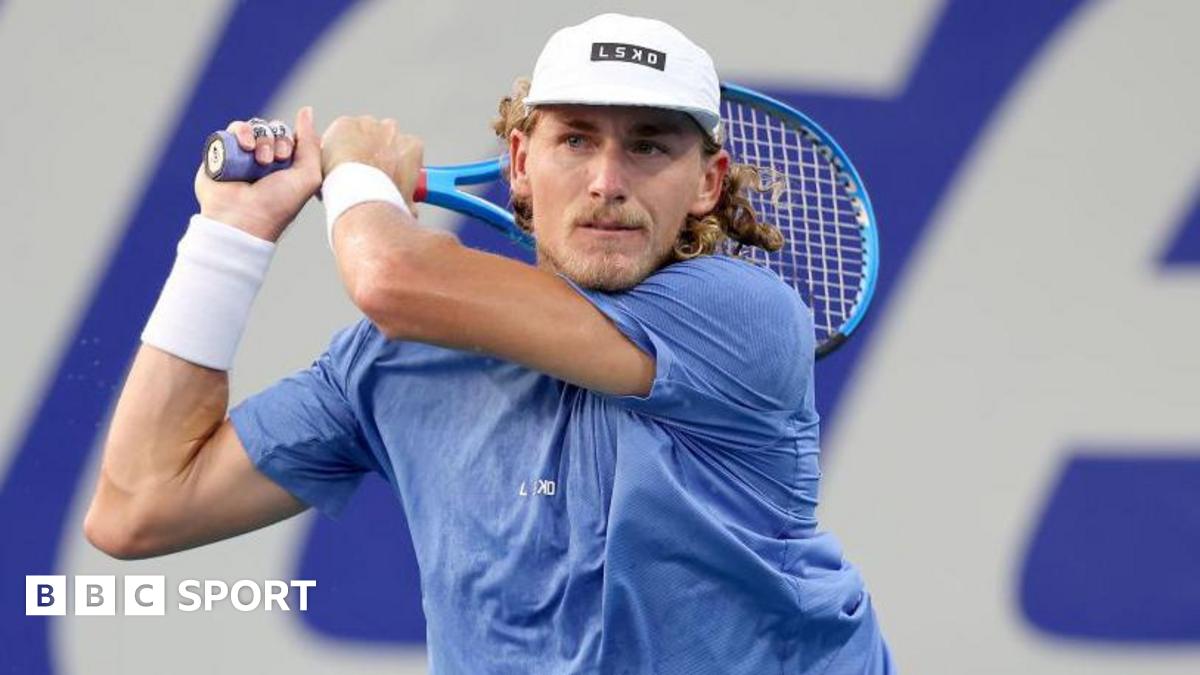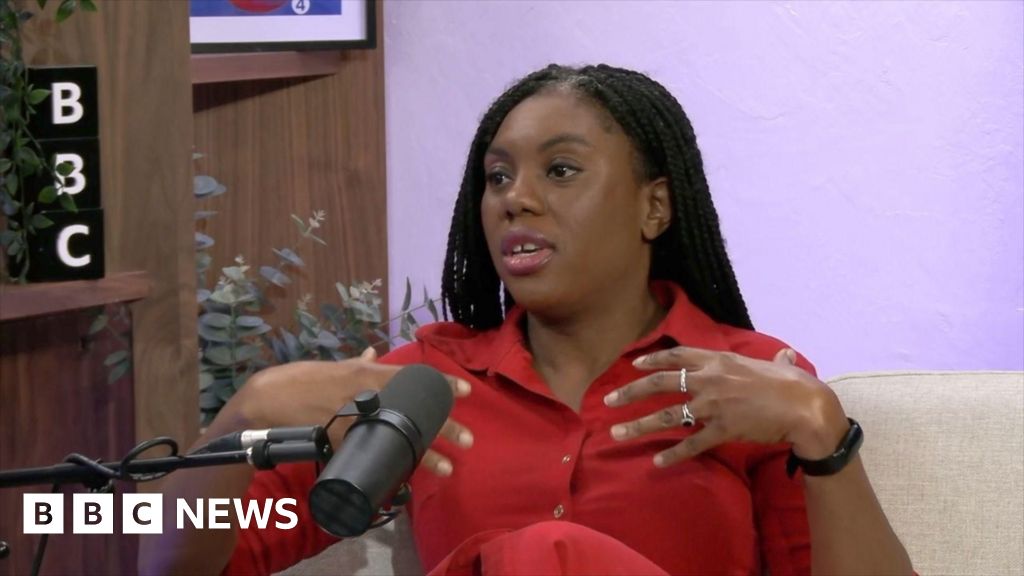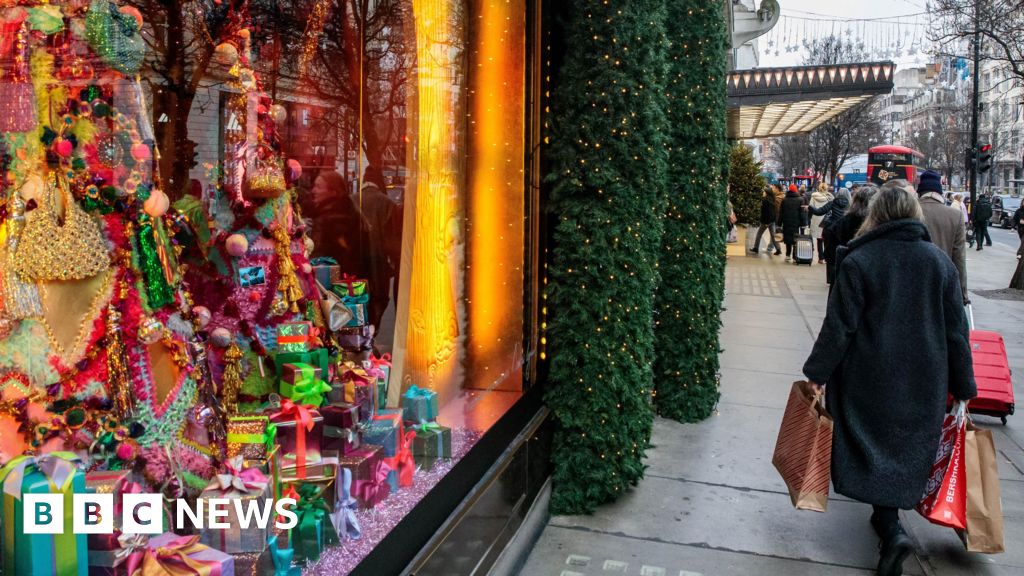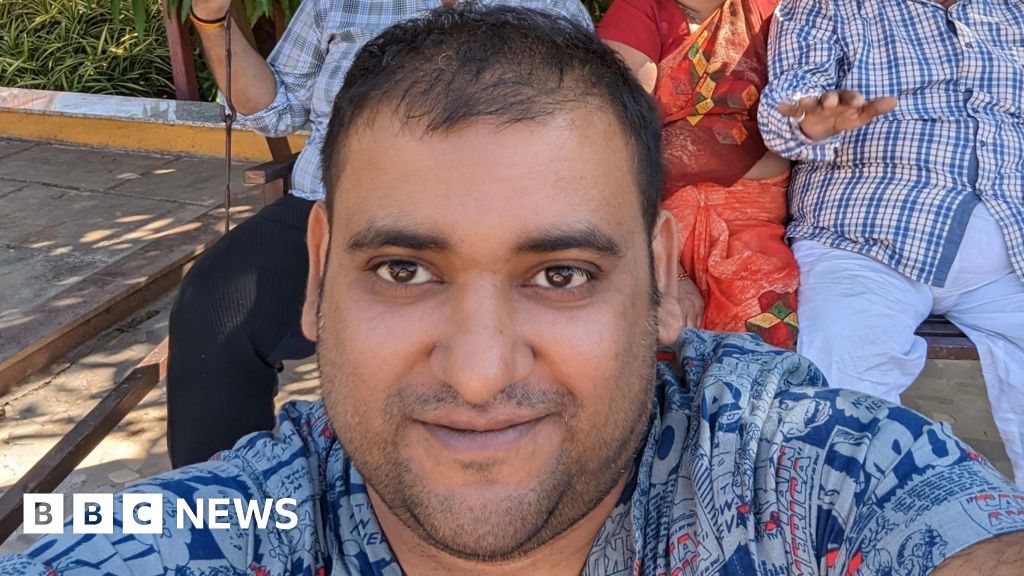A second apparent assassination attempt on Donald Trump stresses several issues facing the agency tasked with protecting one of the world's most high-profile men.
Trump's high public profile - which he has maintained even after leaving office - and his polarising effect in the US has posed a unique security and funding challenge for the Secret Service, a former agent told BBC News.
“It’s dialed up,” said Paul Eckloff, a Secret Service agent of 20 years who protected Trump during his presidency. “The amount of time he spends outside, the exuberance of his fan base, the number and size of rallies, and the lack of military support, does make it more difficult.”
The Secret Service, which protects presidents and other high-profile US officials, was central to both incidents that threatened Trump's life. The agency has recently raised concerns about the resources needed to fund the former president's protection detail.
Earlier this week, a Secret Service agent spotted a gunman hiding in the bushes near the former president's West Palm Beach, Florida, golf course. The agent fired on the suspect, who then sped away in a car before being arrested a short time later.
This follows a July assassination attempt at a rally in Butler, Pennsylvania, where another gunman opened fire and struck Trump's ear. The episode brought intense scrutiny to the Secret Service for how it guarded the Republican candidate.
The agency's leadership has been hauled before Congress since then, its director resigned after intense pressure, and lawmakers have since set up a task force to examine this summer’s threats to Trump’s life.
The most recent incident, meanwhile, has led to calls for new funding for the Secret Service to ensure it can adequately protect presidential candidates in a political climate that many fear could lead to more violence.
“One thing I want to make clear is: the Service needs more help. And I think Congress should respond to their need,” President Joe Biden told reporters Monday after details of the apparent assassination attempt became public.
The agency has scaled up its efforts since July, but the calendar could prove a challenge for expediting new funding for the agency.
There are fewer than 50 days until the 5 November election, and a politically-split Congress is currently unable to agree on the next budget, which means the US could face a government shutdown on 1 October.
More money for the Secret Service could be a hard sell given those political realities, despite the Biden administration's reported request for further funds.
House Speaker Mike Johnson, the Republican leader at the centre of the congressional budget fight, dismissed the need for the Secret Service to receive budget help.
"I don't think it's a funding issue," he said on Fox News. "President Trump needs the most coverage of anyone. He's the most attacked; he's the most threatened."
But Acting Secret Service Director Ronald Rowe wrote in a letter to Congress last week that "increased mission requirements of the Secret Service necessitate additional resources".
The Secret Service has long worried about protecting Trump at his golf courses, the Washington Post reported, and had even tried to warn the former president about the opportunities it could provide to a would-be assailant.
In 2022, then-US Secret Service Director James Murray warned US lawmakers that the agency was scrambling to keep up with the pace and scale of Trump’s rallies.
He noted that the loss of the military support that a sitting president receives had put a greater strain on the agents assigned to protecting Trump after he left the White House.
The Secret Service had protected presidents at rallies before. But with Trump, “the nature is different, and we're seeing sometimes two, three, four, of these rallies every month”, Mr Murray told the House Appropriations Committee at the time.
Trump's preferred pastime of golf adds a different challenge.
"The hobby of golf is particularly problematic: You're outside, an outdoor venue, for hours at a time,” said Mr Eckloff.
Palm Beach County Sheriff Ric Bradshaw said on Monday that if Trump had been a sitting president, "we would have had this entire golf course surrounded".
Other presidents, including Barack Obama, also had a penchant for the sport while in office. But the former president frequently played on a military base, where security was easier to manage, according to Mr Eckloff, the former Secret Service agent.
This week, lawmakers called for presidential candidates from both parties to receive the same level of protection as a sitting US president.
The acting head of the US Secret Service, Ronald Rowe, said this week that Trump’s security was now at its “highest level”.
Trump’s existing protection is as “near as possible to presidential-level security that can be done”, said Mr Eckloff.
But, he acknowledged, “that’s not to say you couldn’t do more".

 3 months ago
13
3 months ago
13
